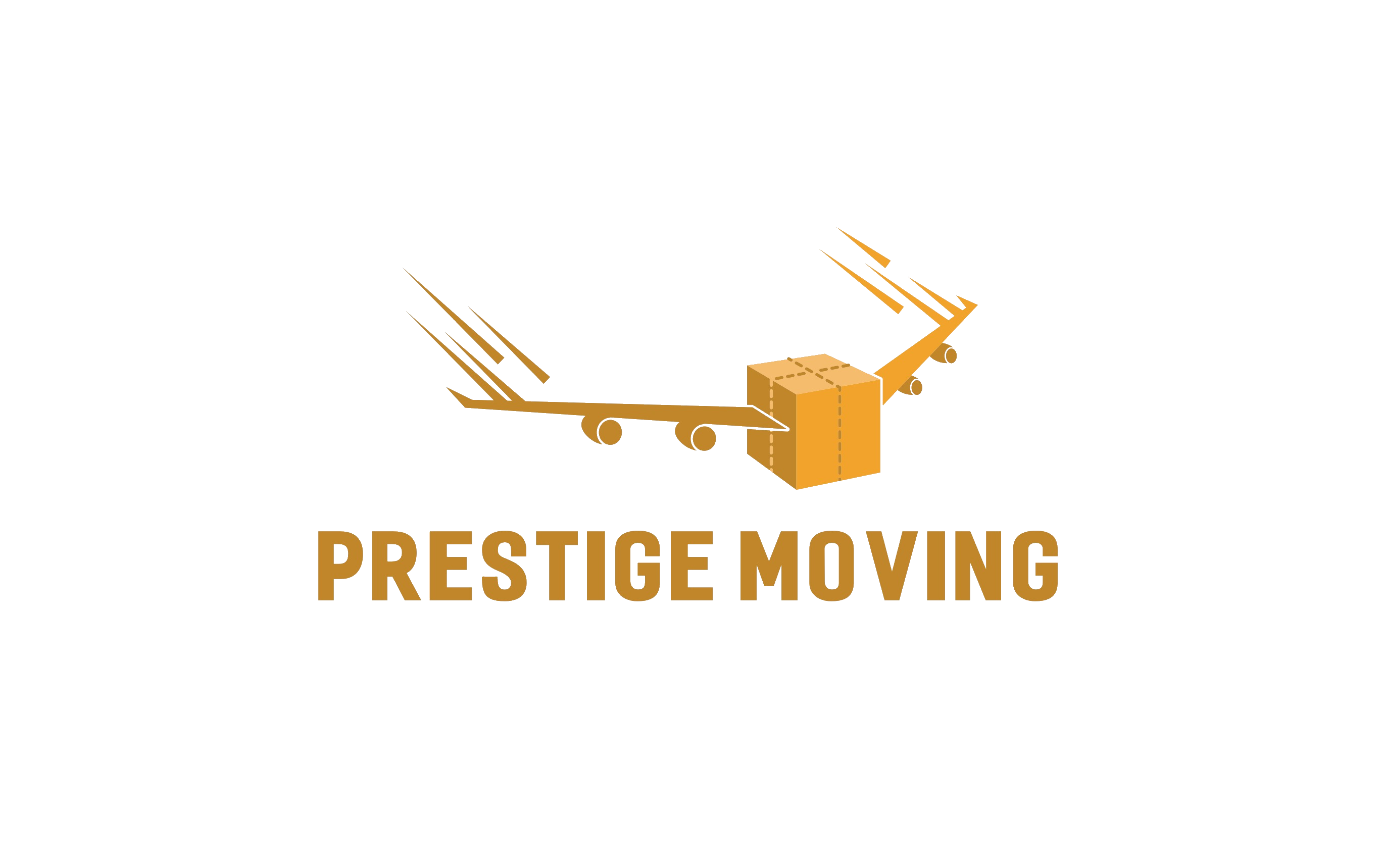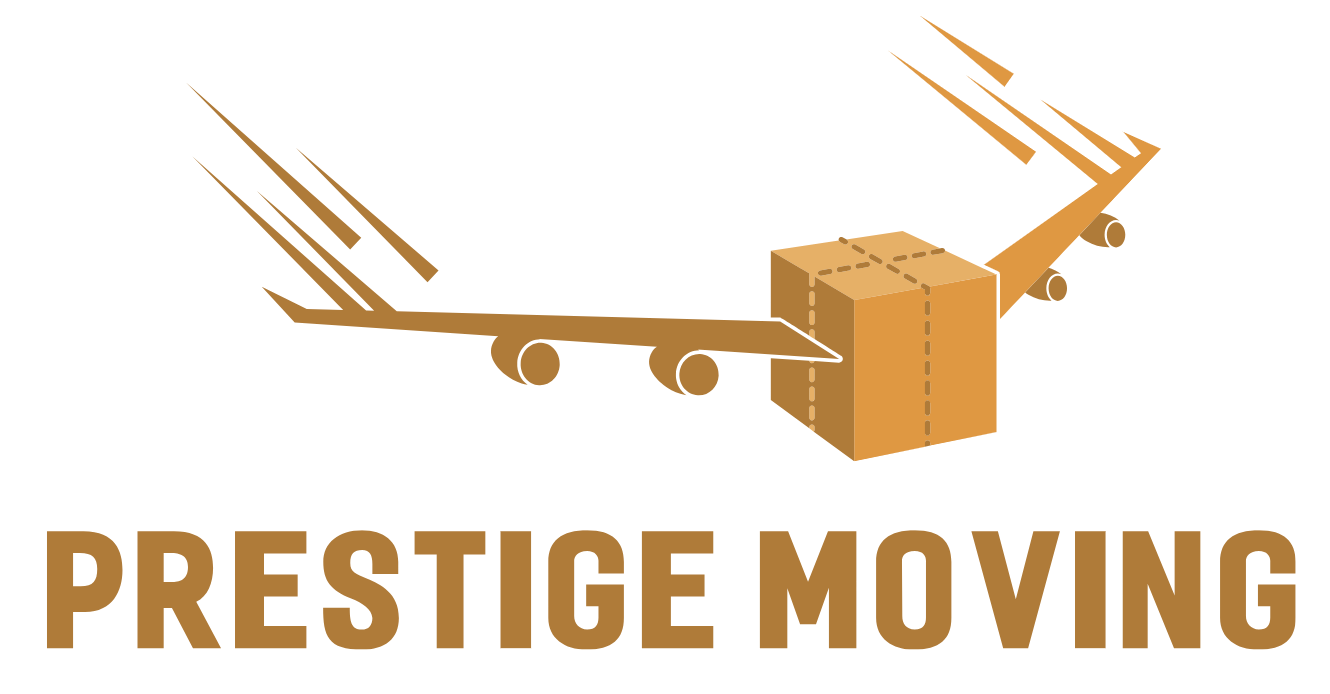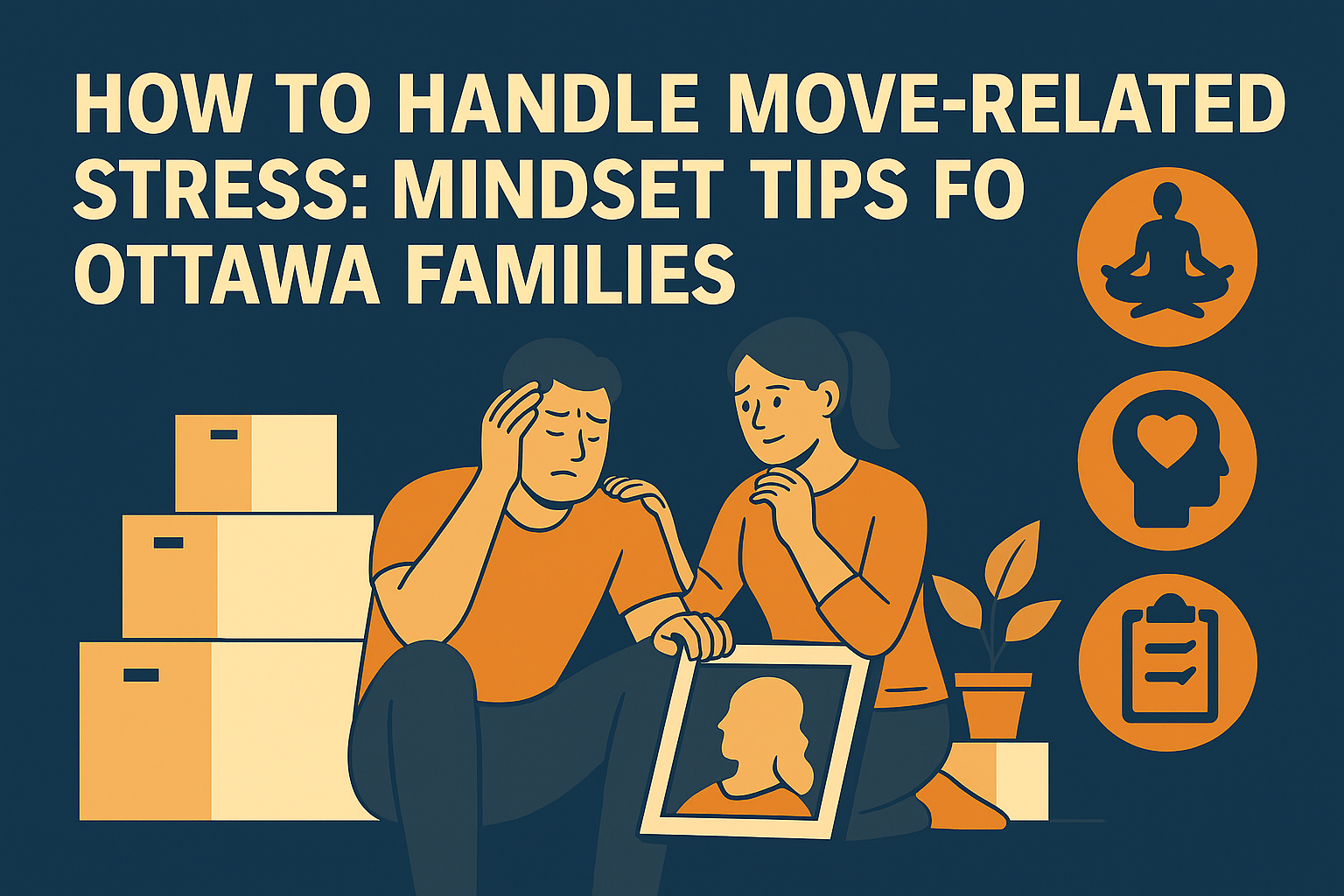Relocating to a new home in Ottawa—whether across neighborhoods or across the country—can be one of the most demanding experiences a family faces. While the logistical side of moving often gets most of the attention, the emotional and psychological strain it places on parents, children, and even pets can be equally challenging. Managing move-related stress effectively requires the right mindset, structured planning, and realistic expectations. Below is a comprehensive guide designed to help Ottawa families navigate the mental and emotional side of moving with confidence.
Understanding the Root Causes of Moving Stress
Moving represents more than just a change of address; it’s a significant life transition. Families often underestimate how deeply it can affect their daily routines, sense of stability, and emotional well-being. Common stress triggers include:
- Uncertainty and lack of control over timelines, logistics, and outcomes
- Disruption of routines for work, school, and family activities
- Financial pressures associated with moving costs, renovations, or rent overlaps
- Emotional attachment to the current home, neighborhood, and community
- Fear of the unknown, especially for children and teens adjusting to new schools or social circles
Ottawa families moving to new neighborhoods like Barrhaven or relocating to another province often find that the combination of practical and emotional demands can be overwhelming without a clear plan.
Cultivating the Right Mindset Before the Move
Shift from Reactive to Proactive Thinking
One of the most effective ways to reduce stress is to take proactive control over what you can manage. Start by creating a comprehensive moving plan well in advance. Ottawa residents who follow a structured stress-free relocation guide are more likely to maintain clarity and avoid last-minute panic.
Key proactive steps include:
- Booking professional movers early to secure preferred dates
- Budgeting for all moving-related expenses, including storage and packing materials
- Organizing belongings systematically to avoid clutter and surprises later
- Establishing realistic expectations for each family member’s role in the process
Reframe the Move as a Positive Opportunity
A powerful mindset shift is to view the move not as a disruption, but as an opportunity for growth and renewal. Whether upgrading to a bigger home or relocating to be closer to schools and work, framing the change positively helps the entire family adapt faster.
Encourage children to envision their new rooms, schools, and neighborhoods. For adults, focusing on the benefits of reduced commutes, new social opportunities, or better amenities in areas like Kanata or Orleans can make the transition more exciting than intimidating.
Planning Strategies That Minimize Stress
1. Break the Move into Manageable Phases
One of the leading causes of overwhelm is trying to handle everything at once. Instead, break the moving process into clear, manageable phases:
- Preparation Phase (4–8 weeks prior): Declutter, donate, and sell items you don’t intend to move. Start packing non-essential items.
- Coordination Phase (2–4 weeks prior): Confirm moving dates, book services, and notify utilities, schools, and service providers.
- Execution Phase (Moving week): Oversee packing of essentials, handle transportation logistics, and coordinate with movers.
- Settling Phase (Post-move): Unpack gradually, prioritize essential spaces, and complete your post-move checklist.
This phased approach helps families maintain focus and reduces emotional overload.
2. Choose Professional Help Strategically
Attempting to handle a full relocation without professional assistance often leads to unnecessary exhaustion. Hiring reliable local movers in Ottawa can alleviate much of the physical and logistical burden, giving families more time to focus on emotional adjustment. Services like packing, storage, and furniture handling allow you to delegate complex tasks to experts, which significantly reduces stress levels.
Managing Stress as a Family Unit
Encourage Open Communication
Every family member experiences the move differently. Children might worry about losing friends, while adults might stress about finances and logistics. Holding regular family meetings to discuss concerns ensures everyone feels heard and supported.
For children, maintaining routines like bedtime, mealtimes, and weekend activities can help anchor their sense of stability. Parents can share stories about previous moves or new opportunities in the upcoming neighborhood to build excitement.
Assign Age-Appropriate Roles
Giving children and teens age-appropriate responsibilities—like packing their own toys or labeling boxes—gives them a sense of control and participation. This reduces feelings of helplessness and makes them more cooperative during the move.

Mindfulness and Self-Care Techniques During the Move
Prioritize Rest and Nutrition
Amid boxes and deadlines, many families neglect sleep and healthy meals, which can amplify stress responses. Ensure that everyone is getting adequate rest and proper nutrition throughout the process. Setting aside time for family meals, even if surrounded by boxes, maintains a sense of normalcy.
Practice Simple Relaxation Techniques
Stress manifests physically—tight shoulders, headaches, or fatigue. Incorporating simple mindfulness techniques can make a tangible difference:
- Deep breathing exercises during packing breaks
- Brief walks around your current or new neighborhood to reset mentally
- Short family meditation sessions to bring calmness before hectic moving days
The Government of Canada’s mental health resources provide excellent tips on coping with stressful life events, including relocations.
Building Emotional Resilience for Kids and Teens
Acknowledge Their Feelings
Children may feel sadness, anger, or anxiety about leaving their current home, school, or friends. Validating these emotions rather than dismissing them helps them process the change more effectively. Consider hosting a small farewell gathering with neighbors or classmates to create closure.
Introduce the New Environment Gradually
If possible, take your kids on pre-move visits to the new neighborhood, school, or nearby parks. Exploring Barrhaven’s community centers or Kanata’s green spaces ahead of time gives them a sense of familiarity and reduces post-move shock.
The Canadian Psychological Association offers family resilience strategies that can be applied during significant transitions like moving.
Balancing Work and Moving Responsibilities
For working parents, juggling job duties and move preparations can feel like managing two full-time roles. Strategies to reduce this pressure include:
- Requesting flexible hours or remote work days during critical moving periods
- Taking short but focused time blocks to manage tasks rather than multitasking
- Using checklists and task management tools to track responsibilities systematically
Consider using professional services like packing services in Ottawa to delegate time-consuming tasks and preserve your mental bandwidth for family support.
Post-Move Adjustment: Creating a Sense of “Home” Quickly
Unpack Strategic Spaces First
Start with the kitchen, bedrooms, and living areas. These are the core spaces that bring comfort and familiarity. Unpacking sentimental items early—family photos, favorite blankets, or artwork—helps emotionally anchor the family in the new environment.
Rebuild Routines Promptly
Re-establishing routines such as school schedules, extracurricular activities, and family dinners helps everyone regain a sense of normalcy quickly. Enrolling children in local activities or community programs fosters new social connections and reduces feelings of isolation.
Give It Time
It takes weeks or even months for a new house to feel like “home.” Patience and ongoing communication help the family adapt at a healthy pace.
When to Seek Additional Support
If stress escalates beyond manageable levels—manifesting as persistent anxiety, sleep issues, or family conflicts—it may be time to seek professional guidance. Local counselors, support groups, or family therapists in Ottawa can provide valuable tools to manage the emotional impact of relocation.
Conclusion: A Smooth Move Begins with a Calm Mind
Relocating as a family doesn’t have to be chaotic. By adopting a proactive mindset, maintaining open communication, and utilizing professional support wisely, Ottawa families can transform moving from a stressful event into a positive life milestone. The emotional health of your family is just as important as the logistics—perhaps even more so. If you’re ready to plan a move that’s both efficient and emotionally smooth, contact Prestige Moving to start your stress-free journey.


